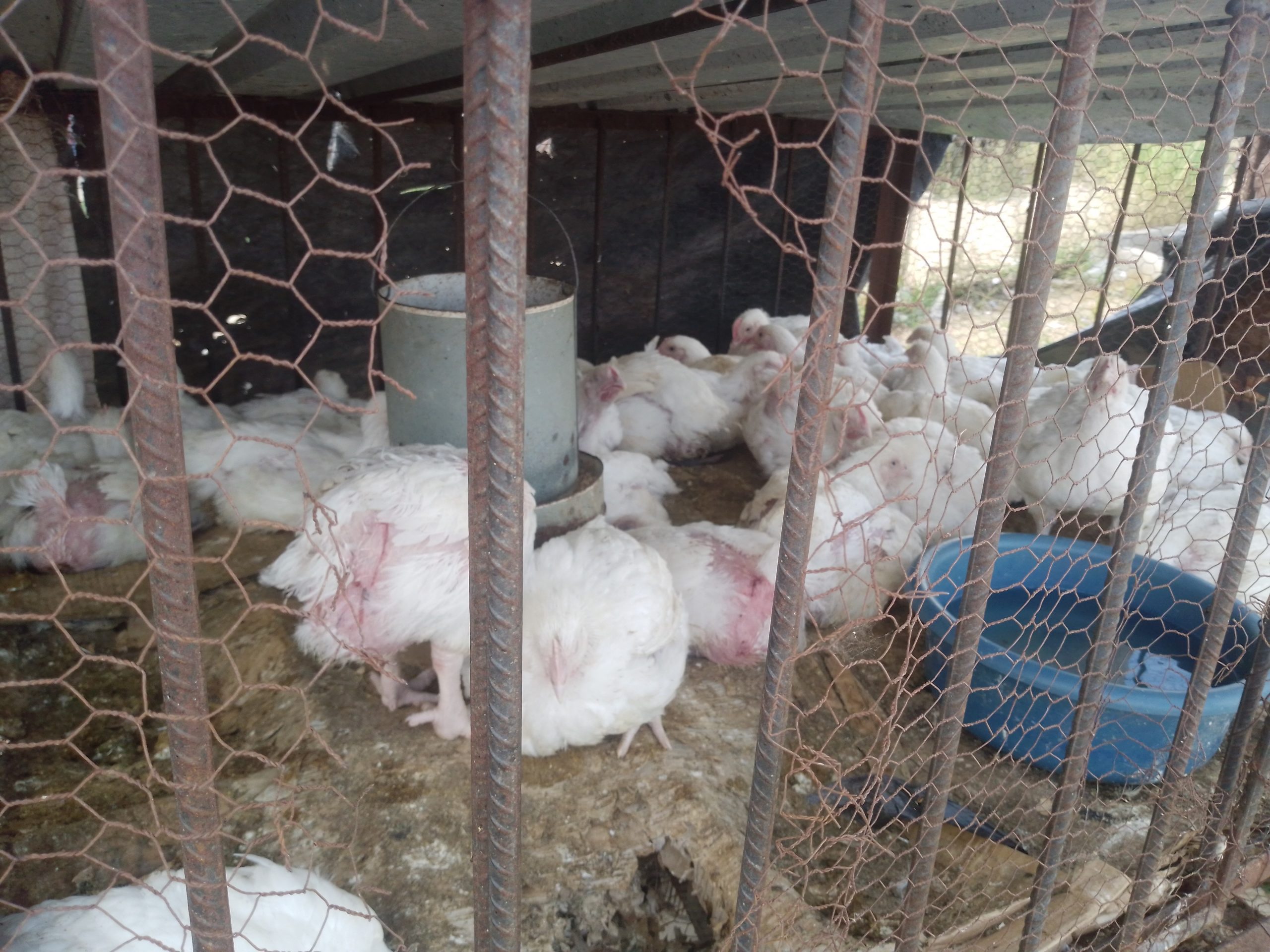STAKEHOLDERS in the country’s poultry industry are investigating causes of widespread
stunted growth among day-old broiler chicks supplied to farmers ahead of last year’s festive
season that resulted in them providing poor quality live birds onto the market.
Indications from those in marketing the chickens are that markets were starved of good
quality birds while farmers complained of stunted growth and high mortality of chicks in
batches they obtained as they prepared for Christmas and New Year’s festivities.
Dr Renets Mano of the Zimbabwe Poultry Producers’ Association (ZPPA) confirmed that the
problem of stunted growth of day-old chicks was countrywide and had affected all producers
including very large, small and medium producers.
He said representatives of ZPPA, Zimbabwe Small-scale Poultry Producers’ Association
(ZSPPA), Zimbabwe Chicken Breeders’ Association (ZCBA) and stock feed manufacturers
had put together a technical team to investigate the problem and report back in a fortnight.
The team is looking into a number of possible technical challenges that could be behind the
problem.
“What they have done so far is to go around talking to all farmers that were affected and still
had the chicks that were stunted. I think some were suffering from stunting and samples have
been taken to the Department of Veterinary Services laboratory for analytics,” he said.
“The problem is being analysed and we try to understand the problem, we have also worked
with the stock feed manufacturers to say while we are at it, let us also look at the batch of
stock feed that were sold during the time and try to understand whether there was something
that happened or it is something associated with the humidity that occurred around Christmas
time or from November to now that might have affected the density of vectors or diseases
that might have affected our day-old chicks production.
“So, the industry and the farmers are being proactive in trying to investigate what exactly
happened, quantify the problem and individual farmers who had specific challenges with
individual batches have also reported directly to the suppliers of the chicks or the stock feeds
that they used during the time and I think they are working together with their partners in the
value chain.”
Dr Mano said a national approach had been taken to tackling the problem because it was
widespread while the technical team would have a chance to share experiences with
neighbouring southern African countries that had similar experiences in the past, like Zambia.
Melody Muusha, who leads chicken farmers that trade under the banner of Golden Poultry as
part of the Zimbabwe Agricultural Growth Programme (ZAGP), which operates around
Masvingo, including at Chitima Market, confirmed that farmers had complained of the
stunted growth among chickens which resulted in poor quality birds at markets in the Ancient
City during Christmas.
Farmers under Golden Poultry with complaints were referred to the group’s main supplier,
Masvingo Chicks.
A Masvingo Chicks representative confirmed receiving complaints and encouraged other
farmers with issues to approach the company. He said the problem appeared to be nationwide
and expressed the hope that ongoing investigations initiated by stakeholders in the industry at
national level would help get to the bottom of the matter.
Norman Mutyavavira of Wendedzo on the eastern outskirts of Masvingo, who was selling his
poorly grown birds at the Golden Poultry shed at Chitima Market for US$5 said the chickens
had taken about seven weeks to reach a reasonable size to allow for marketing which was
costly for him in terms of feed. He said out of a batch of 350 birds obtained mid-December,
more than 100 chicks died.
“They become costly for us in terms of feed. This has become normal every Christmas and
occasionally during the cold season. We are not sure what the day-old chicks’ suppliers do
around Christmas, maybe they take some short cuts in order to meet increased demand,” he
said.
His sentiments were echoed by Rosemary Chivava of Chidzikwe, who said out of a batch of
150 chicks, about 20 died while 30 simply would not grow. Chivava, who was selling her
birds for US$4,50, said the experience was becoming regular around Christmas.
Tadiwa Chimbeva of Mushandike said he had lost 400 chicks out of a batch of 1 000 he
obtained from Charles Stewart through Gain Wholesalers.
“After this batch we took a fresh supply of 4 000 chicks and they are doing fine. There is
some mortality but we have lost less than 50 chicks which is acceptable,” said Chimbeva.



